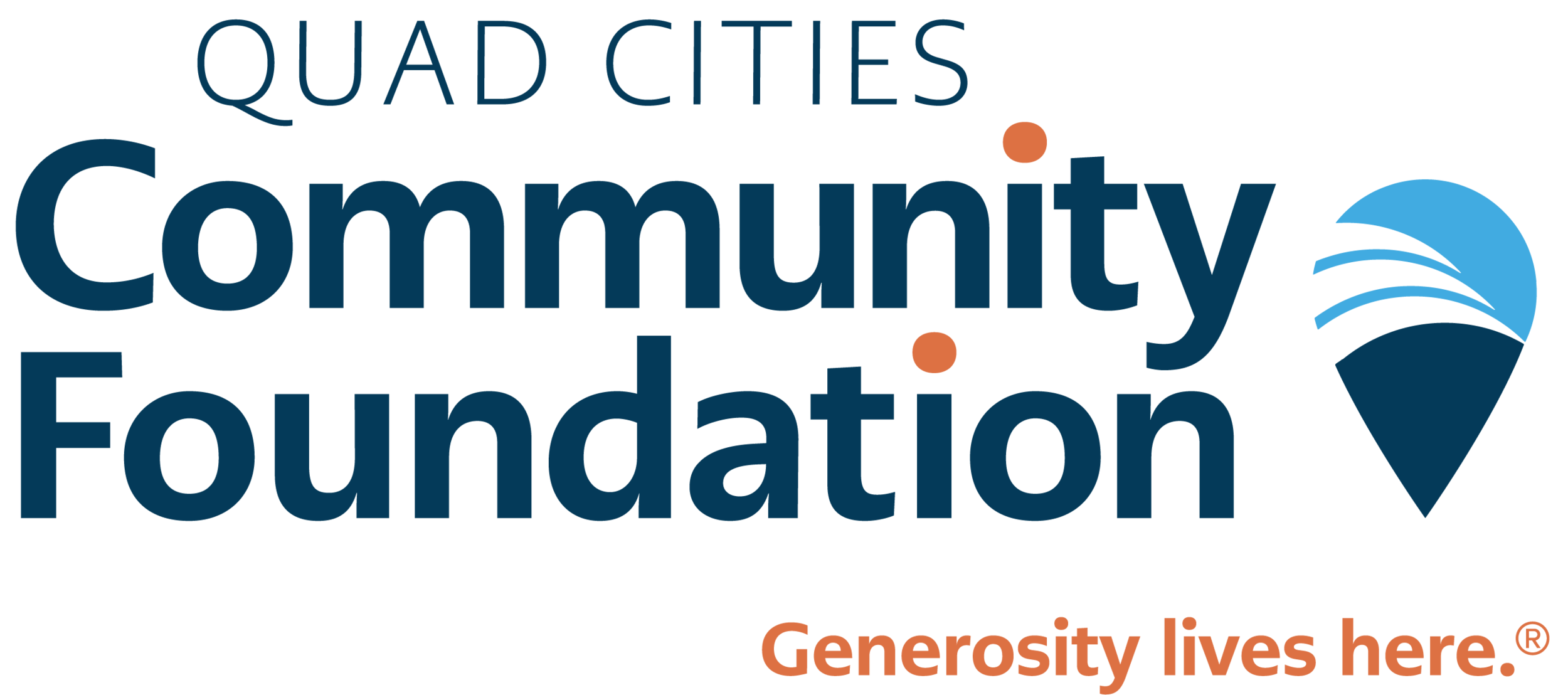Fishing at work
Sabrina Dale doesn't mind admitting she was a little skeptical when her boss gave the entire staff a book about how to create a healthy work environment and strengthen morale. "But then I went through it and thought I'd give it a chance," she said. "I was hesitant at first, but completely onboard by the time I got done."
Dale, who is the Quad Cities Community Foundation's accounting associate, was not the only one bowled over by the ideas presented in "Fish! A Proven Way to Boost Morale and Improve Results." President and CEO Sherry Ristau provided a copy of the book for every staff member in the office last year, making good on her intention to draw the team closer and help them prioritize all the good things that happen in the community thanks to the generosity of donors.
"She's been very intentional about instilling the fish culture principles," said Director of Donor Relations Colbie Andes, which include having fun, being present, making someone's day, and choosing your attitude.
"All of them speak to me," he added, who recently celebrated his one-year anniversary on the job.
Being present is especially important for him, he said. "Especially because we are a small staff with a lot of good things happening in our community," he said.
Being present can be as simple as not taking your cell phone into a meeting with you, or being purposeful in conversations. "When donors are on the phone or they're here, it's not always thinking about the next step, but just being present," he said.
For Dale, making someone's day has been a meaningful reminder. "It's the little things—saying good morning, paying attention, looking someone in the eye," she said. "The other point is being present. When I make someone's day, I am being present. When I say hello and if I see a shine in their eye, it fixes my attitude if it was bad."
The staff has learned to reduce stress in a healthy way, she said, by being playful when it's appropriate. "If someone is being too quiet or too engaged, we lighten things up," she said, and sometimes that means tossing a foam airplane or ball their way. "Sometimes it's stressful and we've got to find balance. It allows us to work more professionally because we do play. When we need a breath, let's goof off and then get right back at it."
And, when there are bumps in the road, staff members know how to work with each other in a way that is respectful because they have employed the fish principles, have good attitudes and are communicating, she added. "We're all very honest with each other," she said. "We say, 'I need your help,' or 'I don't understand why you did this that way.' The door is already open because we stopped in the morning and looked each other in the eye."
Dale used to be a corporate manager, overseeing six different locations. "If I could turn back time, this book would have been at every one of them," she said. "It creates cohesiveness for sure."
Andes said there's no doubt in his mind that the fish principles have affected his work life and home life, where he is teaching the same tools to his young children. "The number one thing for me is choosing your attitude," he said. "There are so many things that can lift us up or pull us down. We have the opportunity to respond positively or negatively."
The office environment is naturally positive, Andes said, because it is staffed with people who truly enjoy what they do. "It's a very positive, encouraging atmosphere," he said. "Everyone here loves the work they do. We have the opportunity to make the community better."
The book has been a great reinforcement of that idea. "To wake up and know you can help your friends, your family, and your neighbors, is a great thing," he said. "If we choose to be happy and work together as a team, it will be much more enjoyable and it will go faster. No one is here for themselves. They're here for the greater good of the community."

